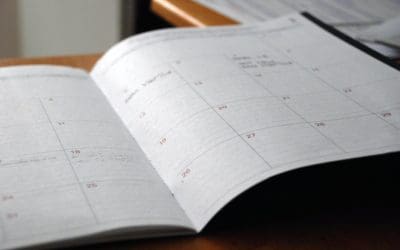Many people’s actions are based in a “fix the damage” mentality, rather than a “prevent the damage” mentality. I believe this is because we are busy, and busy-ness has led to the misconception that prevention is a time stealer. Laughable! The real time stealer is the emotional drudgery and practical hullabaloo that is the consequence of the damage.
I assure you, taking the energy to incorporate the following vocal health rituals will give you time back… time back from worry, resentment, and missed performing opportunities.
1. SIP SIP SIP
Wait, Michelle! Didn’t you say this last week? YES. YES I DID. If you need to ask me why I am bringing it up again, go and re-read last weeks Warble. ZING!
2. Morning Mirror Ritual
After you brush your teeth, swish and gargle very warm water for 20-30 seconds. Adding salt can help even more, but young folks may not want that taste. Once you have finished your gargle, do 5 to 10 sirens, starting in the middle of your range, then dipping to the bottom and swirling up to the top. Be sure to breathe correctly with an expanded ribcage that remains open.
3. Be Jealous with Your Voice
We use our voices constantly. Especially young people, who are in environments where verbal communication is essential for learning and maintaining social connection. As performers, it is our duty to our vocal folds to think before we speak. Get into the habit of asking yourself, “Do I need to say this?” or “Do I need to sing this?” Practice listening to everyone else in a group discussion before you chime in. In choir, work to learn music by listening first before joining in. Don’t whisper in rehearsal. Find every little moment you can to rest your folds. This can be especially difficult for performer personalities. I encourage you to try this because it bring health to your voice, and health to your mind.
4. Speak with Support
When you do have to speak or sing, always do so with intention and support. We always sing with intention (right?, RIGHT?!), taking time and effort to form vowels, and breathe, and carry the breath through an entire phrase. Do the same with your speaking. Don’t allow the low sitting vocal fry to manifest. Vary your pitch while speaking. Speak with the same care you take for singing. Use the skill of keeping the ribcage expanded while speaking! Allow your voice to “sit high” ~ imagine your voice coming from right below your nose, rather than low in the throat. I find it helpful to imagine my voice is a little marble that floats in the round part of my soft palate. Make every word count!
Remember, you can always email me for more info, and we can set up a session (in person or online) to talk about your specific needs!
(Again, if you find that you are consistently getting tired and worn out for every performance, you need to speak with your teacher about your technique and ask her/him to point out where you need strength and improvement. Technique is an ongoing process and should always be worked on. If you are experiencing pain, or consistent laryngitis, you need to seek medical attention. Go to an ENT, and be sure to communicate with them that you are a vocalist/performer.)





0 Comments